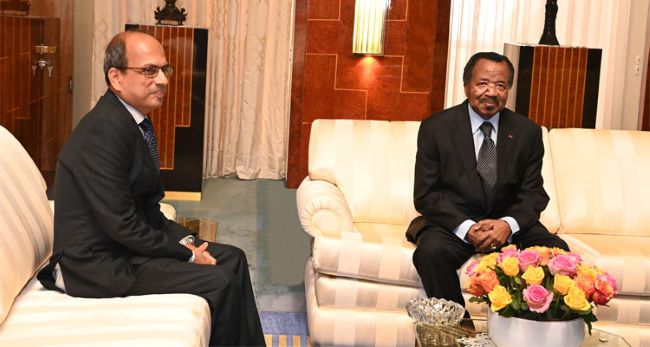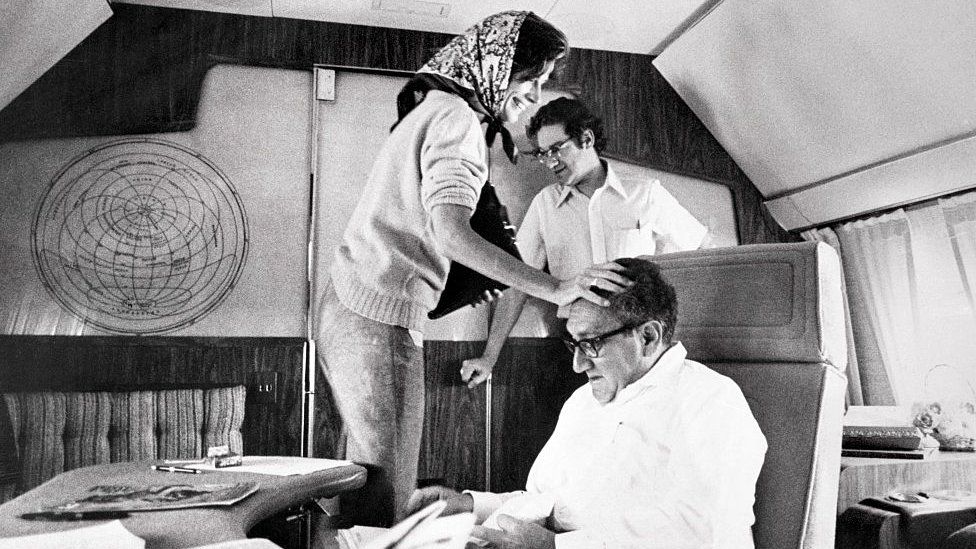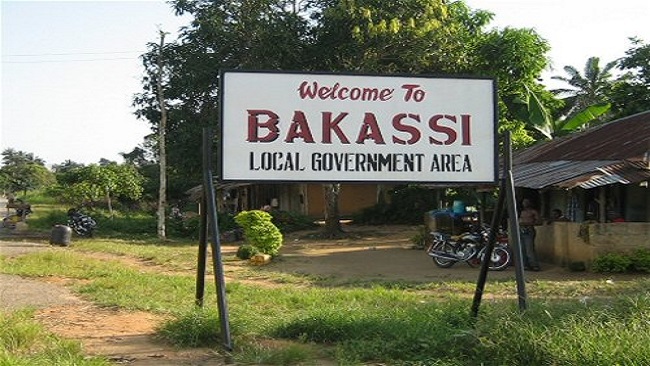1, December 2023
Over 20,000 Southern Cameroons refugees seek asylum in Nigeria 0
About 20,000 refugees who fled the Republic of Cameroon are presently seeking asylum in Taraba State following the crisis rocking the Nigeria North-Western and South-Western regions of the Central African country.
The Cameroonians have been camping in five local government areas of the state, including Kurmi, Gashaka, Sardauna, Takum and Ussa.
The refugees had appealed to the Taraba State and Federal Government to assist in alleviating their sufferings.
Although worried about the security crisis rocking the state, the Taraba Governor, Agbu Kefas, has assured the refugees of their safety and protection pending the return of peace in their country.
Represented by his Deputy in a recent meeting, the governor promised to do his best to foster peaceful coexistence between the two neighbours.
The meeting is expected to draw recommendations that will facilitate a seamless integration of humanitarian services to refugees and vulnerable community members in line with global best practices on refugees.
Source: Dailypost






























1, December 2023
African Development Bank loans EUR 73 million for construction of a bridge between Cameroon and Equatorial Guinea 0
The Board of Directors of the African Development Bank Group on 29 November 2023 granted financial support of EUR 73.44 million to Cameroon for the construction of a bridge over the River Ntem, which forms a natural boundary with Equatorial Guinea. The bridge building is part of the Regional Trade and Transport Facilitation Project for the economic corridor between Cameroon, Equatorial Guinea and Gabon.
The financial support consists of two separate loans: the first, of EUR 48.96 million, from the African Development Bank and the second, of EUR 24.48 million, from the African Development Fund, the Bank Group’s concessional loans window.
The new bridge, which will link Campo, in Cameroon to Rio Campo, in Equatorial Guinea, will not only improve the service level for the transport logistics chain along the corridor between Yaoundé, Bata and Libreville, but will also contribute to the emergence of an industrial-port activities hub in the area between the deep-water port in Kribi (Cameroon) and its counterpart in Bata (Equatorial Guinea).
In practical terms, the project will contribute to increasing the volume of trade between the two countries; reducing travel time, shipping and transport costs along the Yaoundé-Bata-Libreville multinational corridor; creating favourable conditions for promoting an industrial-port activities hub in the same area, and improving the living conditions of various populations, including women, young people and vulnerable groups in its area of influence.
Implementation of the project is due to start in December 2023, with completion scheduled for November 2028.
Source: AFDB